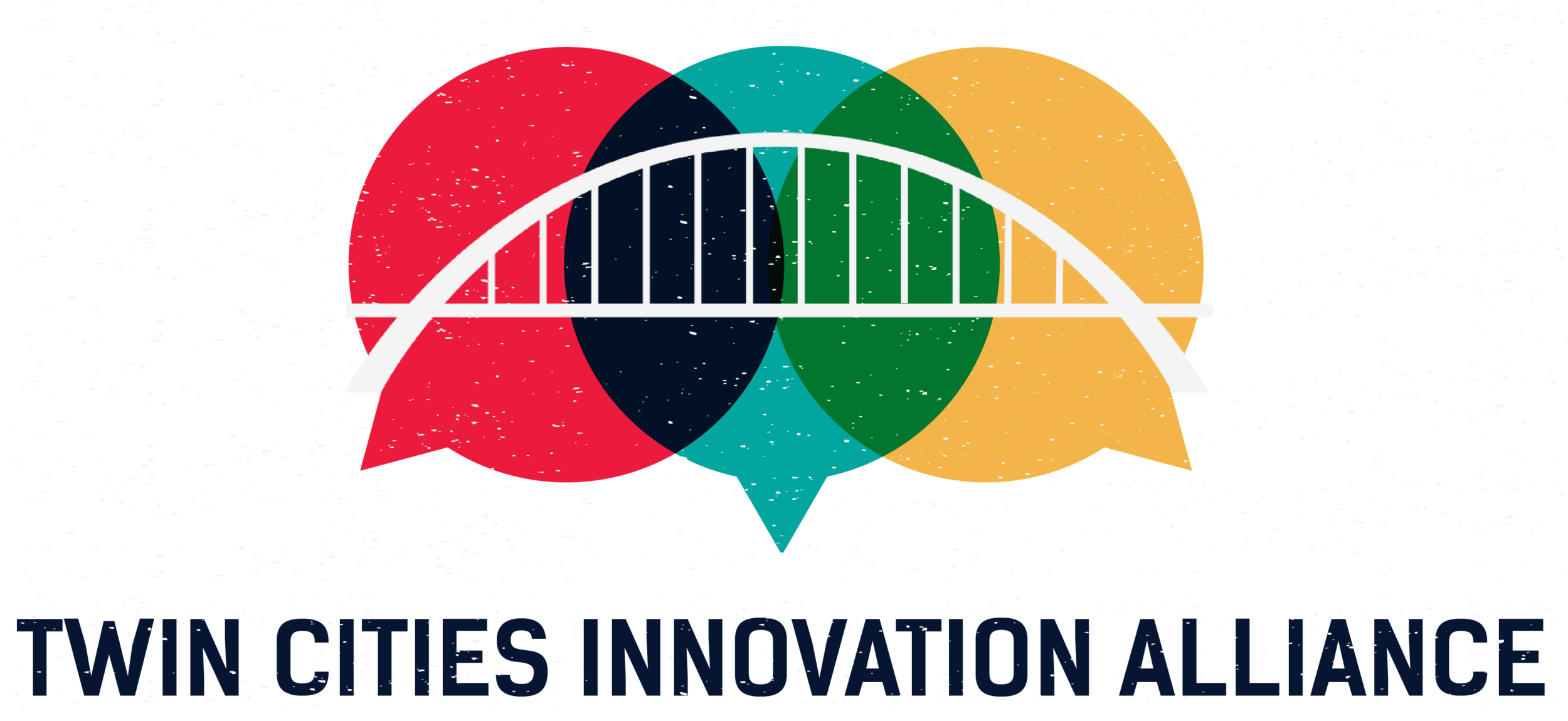Resources
Data 4 Public Good Campaign
We live in an information age where data is currency and the driver of our digital economy, where individuals, communities, government systems are both the purveyors and end users of big data, whether we are aware of it or not, whether we agree to it or not. This trend is expanding across sectors and is surfacing in school districts across the country, presenting ethical dilemmas for education and educational ecosystems.
The State Student Privacy Report Card: Grading The States On Protecting Student Data Privacy
2020 - Facial recognition technology is inaccurate, and miscategorizes the faces of Black people.
NYPD surveillance tools present a danger to all New Yorkers, more specifically Black New Yorkers. The NYPD’s arsenal of spy tools, at its core, is a flawed form of surveillance that comes at the expense of basic human rights, security, and privacy.
2018 - Body Cam Policy Study
In February 2015, Council requested the police department to explore a body-worn camera program. Since that time the police department has examined law enforcement best practices, model policies, state statutes, the technology advancements of the hardware and software systems and received community input. In November 2017, staff recommended to Council that our police department implement a body-worn camera program to assist in collecting evidence, writing accurate reports and providing greater transparency and accountability. At the council’s direction, policy development, evaluation and testing of body-worn camera hardware and software equipment began in January 2018.
2017 - Spying on students: School issued devices and student privacy
Students and their families are backed into a corner. As students across the United Statesare handed school-issued laptops and signed up for educational cloud services, the way the educational system treats the privacy of students is undergoing profound changes—often without their parents’ notice or consent, and usually without a real choice to optout of privacy-invading technology.

